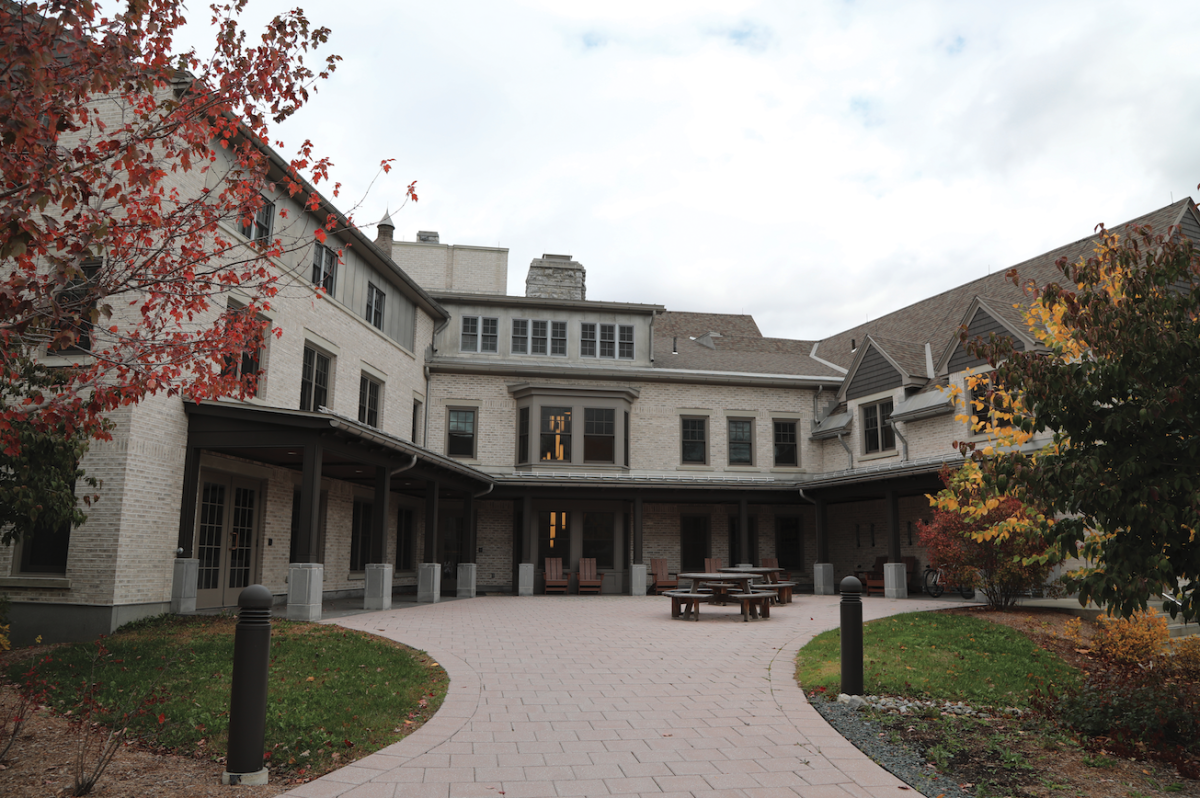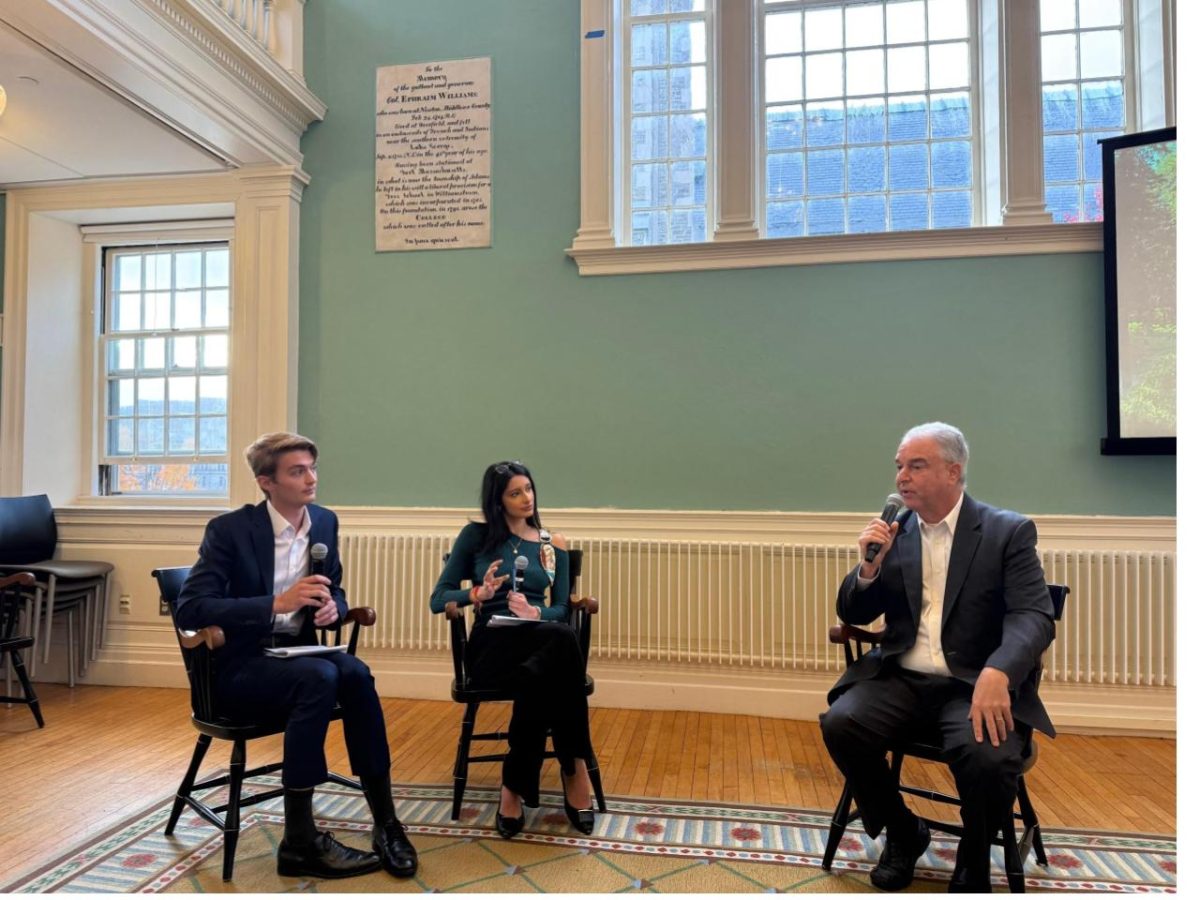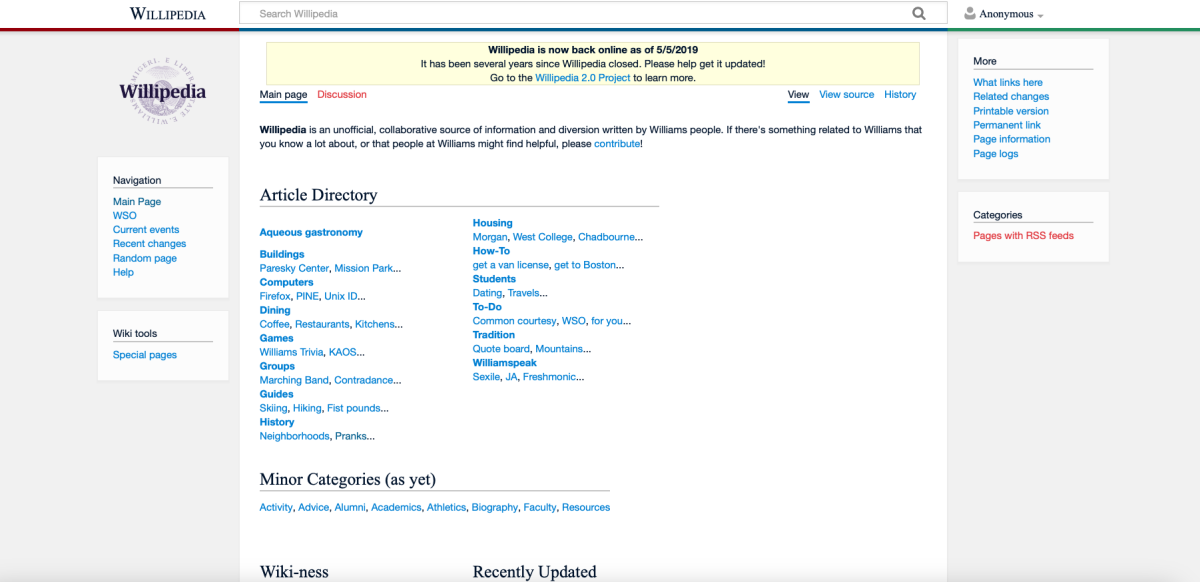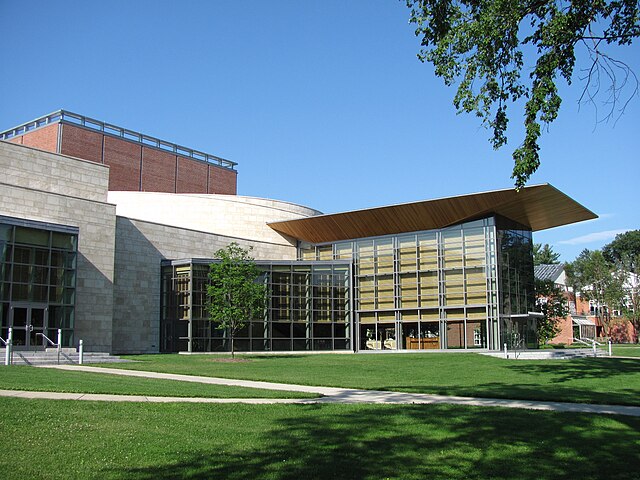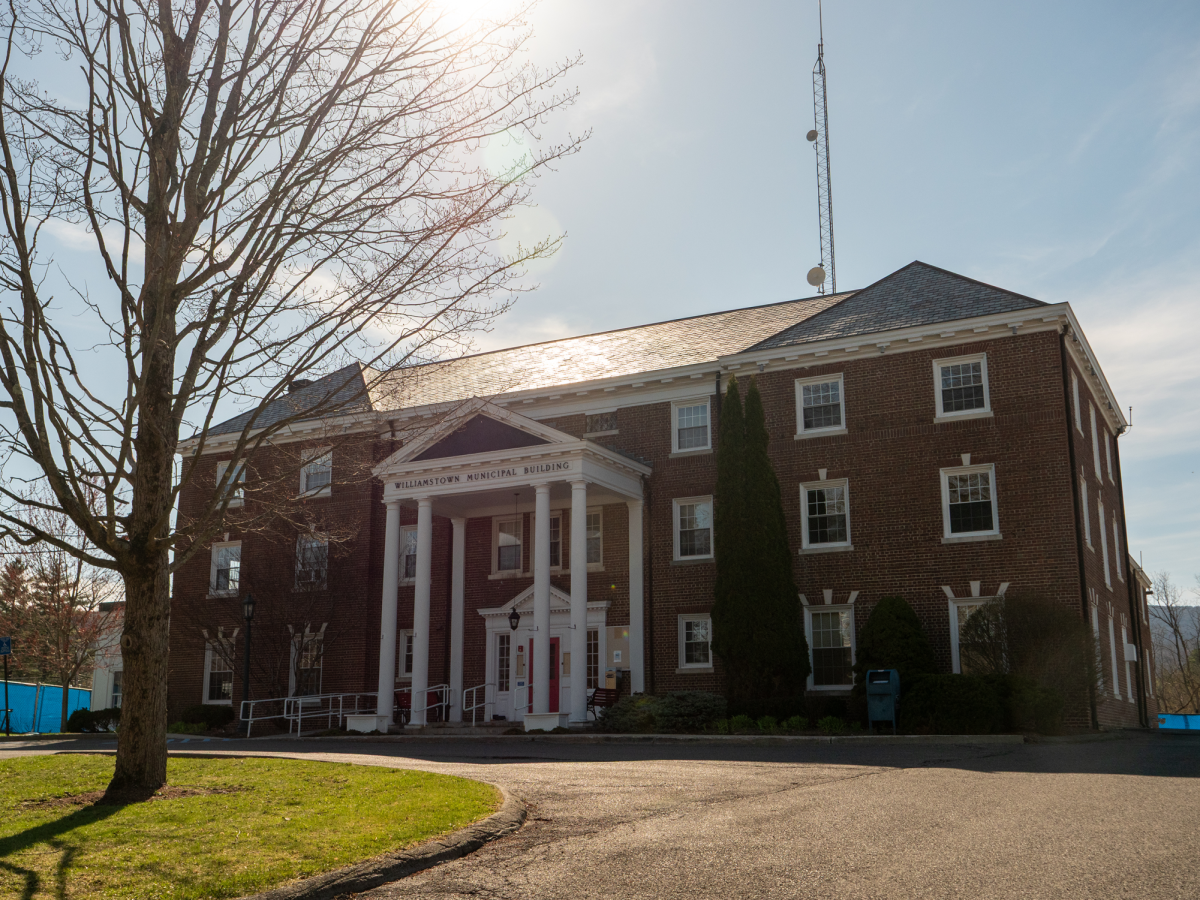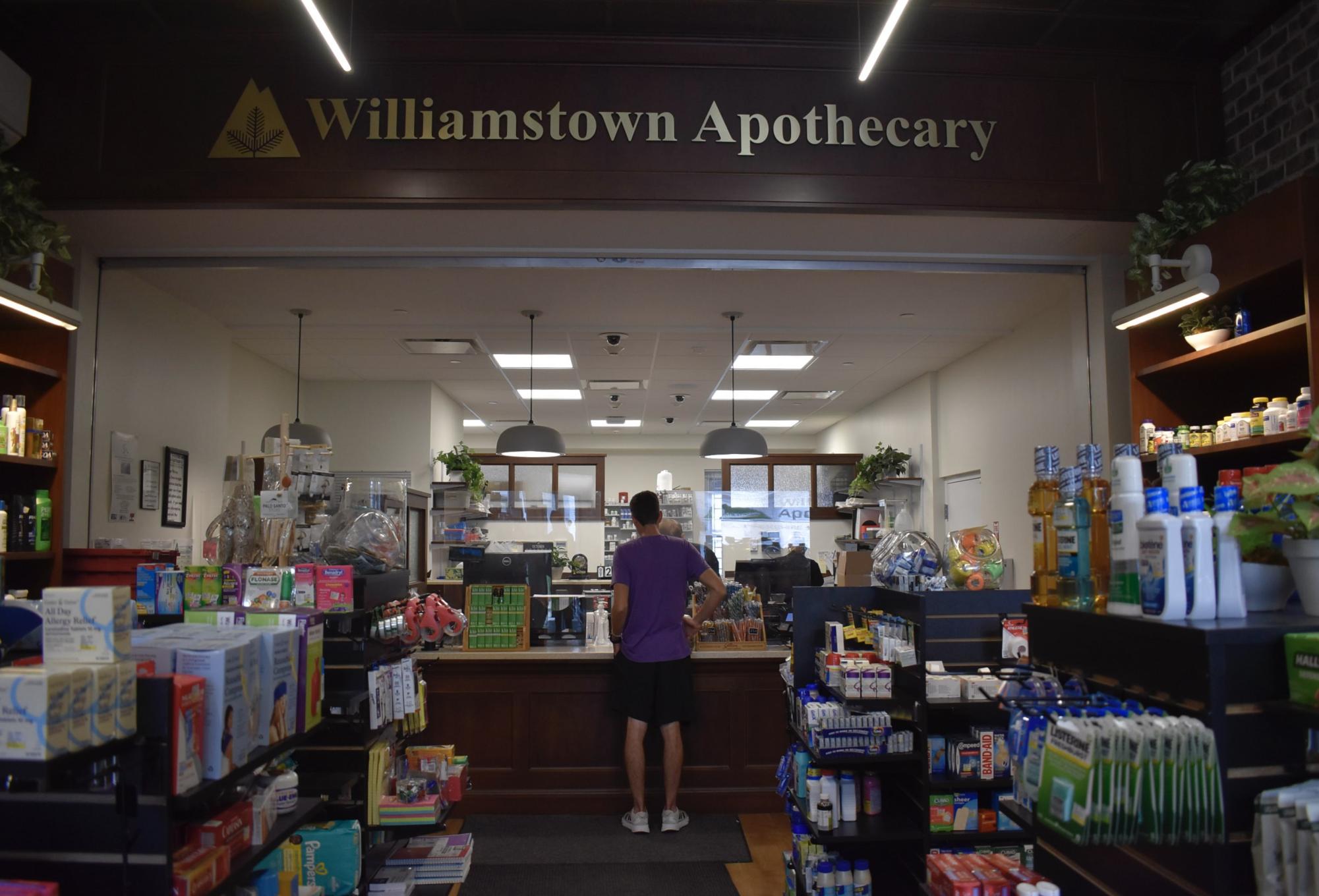
The Williamstown Apothecary — the only pharmacy within a mile of campus — will close on Nov. 14 due to major financial challenges. Its closure will pose accessibility challenges for students seeking over-the-counter medications, prescriptions, and toiletries. In response, the College is working to provide new services that will replace gaps created by the Apothecary’s closure.
The pharmacy will stop filling prescriptions on Nov. 11, three days before it closes for good, Dean of the College Gretchen Long wrote in an Oct. 15 email announcing the closure.
Senior Associate Dean for Administration, Finance, and Strategy Jeff Malanson told the Record that by Nov. 11, the College hopes to implement a service that will allow students to pick up prescriptions at the College’s Health Center — though the Health Center, unlike the Apothecary, is closed on weekends. “My hope is, for students with routine medications that they’re regularly picking up, that they will know the only change for them would be going to the Apothecary versus going to the Health Center,” Malanson said.
Students who need a prescription outside of regular Health Center hours, Malanson explained, can arrange transportation to a pharmacy through Northern Berkshire Transport (NBT), with whom the College has a pre-existing contract for non-emergency medical transportation.
“If a student goes to the Health Center and is diagnosed with strep throat and gets a prescription for amoxicillin that gets filled at the Walgreens on Main Street, the student — once they know the prescription has been filled — can call NBT and arrange for the van to come and pick them up and bring them to Walgreens,” he said.
“Is that as convenient as walking down to the Apothecary?” he continued. “Absolutely not. But it does mean that any student can still get a ride to get their prescription.”
In the wake of Long’s email, students told the Record that they were uncertain about how they would pick up prescriptions or what measures the College would put in place. Naomi Jefferson-Sambanis ’27 voiced concerns about managing her multiple monthly prescriptions without convenient access to a pharmacy. “It’s very important to me that I have a schedule and I have a specific day and time I need to pick them up on,” she said. “Without the Apothecary, it becomes a lot more risky and unreliable.”
Students will also lose access to non-prescription items available at the Apothecary, including menstrual products. “I think it’s actually wrong for us to not have a place like that in town,” Rachel Schmidt ’25 said. “Yes, you can take the bus to Stop & Shop if you have an hour of time, but you shouldn’t need an hour to buy some things like toothpaste or tampons or shampoo. Those should be available in Williamstown.”
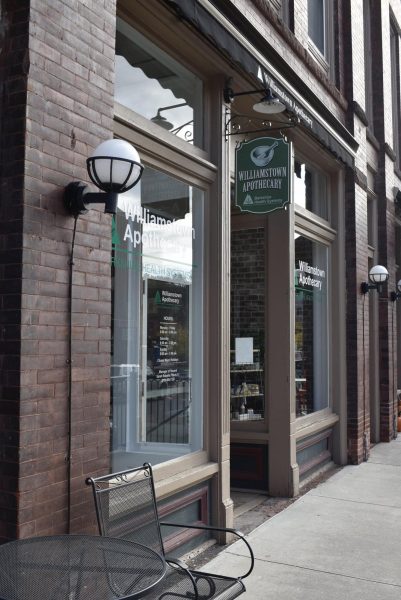
Students can currently pick up free Plan B emergency contraceptives at any time from a vending machine in the Apothecary. Malanson explained that after the Apothecary’s closure, the machine will not remain on campus. “They cannot put a vending machine in the Health Center or anywhere on campus,” he said. “Those legally have to be in a pharmacy or in a hospital connected to a pharmacy.”
However, Malanson said that students can pick up Plan B free of charge from the Health Center during its regular weekday hours or purchase the medication from an off-campus pharmacy. Students can also arrange transportation with NBT to access emergency contraceptives, he said.
Eventually, Malanson added, the College hopes to partner with BHS to offer free Plan B at another pharmacy. “We’re talking to BHS about [whether] we [can] have the same relationship with the pharmacy in the North Adams Regional Hospital that we had with the Apothecary,” he said. “But that’s a point of discussion. We haven’t figured that out yet.”
According to Malanson, the Apothecary’s closure came as a surprise to the College. “This is not a thing where they’d been dropping breadcrumbs for a while,” he said. “This was just, like, a bomb dropped on a random Wednesday.”
In an email to the Record, BHS Director of Media Relations Michael Leary wrote that the decision to close the Apothecary was “driven by low utilization and pharmaceutical reimbursement rates.”
Malanson told the Record that the Apothecary has faced significant financial challenges in recent years. While the College owns the Apothecary’s storefront on Spring Street, he said, he believes that there is little the College could have done to support the sustainability of the Apothecary’s business.
“Their losses are far more significant than what they pay us in rent and anything else we could reasonably do to make it easier for them to be in the space,” he said.
Still, Malanson said the College has had early conversations about finding another pharmacy to fill the space. “We’ve already started to talk in the abstract about, ‘Could we see if Southern Vermont Medical Center would want to put a pharmacy location there?’” he said. “We’re very open to continuing to explore that with potential vendors who might be interested in the space.”
However, he noted that pharmacies across the nation are facing similar financial challenges. “We’re not optimistic that another vendor would be willing to come in and give it a go,” he said.





